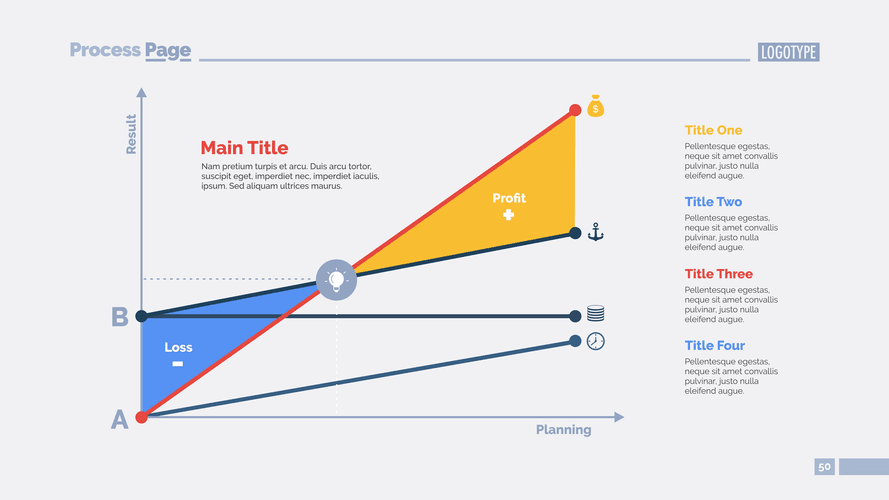![]()
If you think they’re too high for you to set reasonable rates, consider lowering them. A major and effective way to do that is to move to a remote or hybrid work set-up. Team up with your very own QuickBooks-certified bookkeeper who understands your industry and gets to know your business.

We will go over the cost of all your bookkeeping options — and help you determine which one right for you. A professional bookkeeper can cost you around $500 to $3,520 a month. “If someone tells you, ‘I’m going to get a certain amount of tax refund for you, so the charge will be this amount.’ That’s a red flag. You should never pay based on that,” advises Greene-Lewis. There are major differences between the three types of bookkeepers and what each can offer your business. Figure out which works for your business and start tackling the problems, or potential problems, with your books.
QuickBooks Support
Bookkeeping puts all the information in so that you can extract the necessary information to make decisions about hiring, marketing and growth. Consider using one of the best bookkeeping services to make managing your books a breeze. Look at the item in question and determine what account it belongs to. For example, when money comes from a sale, it will credit the sales revenue account. Making sure transactions are properly assigned to accounts gives you the best view of your business and helps you extract the most helpful reports from your bookkeeping software. When doing the bookkeeping, you’ll generally follow the following four steps to make sure that the books are up to date and accurate.
- After digging through the pricing tiers of a number of different bookkeeping service providers, we’ve found that the average range for small to medium businesses is $250 – $1,500 per month.
- A key benefit of outsourcing is that it allows you to customize the services you receive to your specific bookkeeping needs.
- In addition to these basic bookkeeping activities, your costs will be impacted by how your accounting systems, policies and procedures, and reporting needs are set up and administered.
- If a taxpayer resides in a federally declared disaster area, they also may have additional time to file.
- These services are a cost-effective way to tackle the day-to-day bookkeeping so that business owners can focus on what they do best, operating the business.
The time you spend pouring over receipts and invoices could be much more valuable doing other things important to your business’s operations. Not to mention, if you want your business to grow and scale, you’ll need to let go of some of these tedious tasks, like balancing the books. When you do it yourself, you may miss things or make costly errors.
Incorporation Service
The QuickBooks ProAdvisor certification program is ideal for freelance bookkeepers because it allows them to get certified for free with no strings attached. In addition to getting certified bookkeeping near me through the AIPB or NACPB, providers may also advance their learning to get certified in QuickBooks. Basically, there are three main types of certifications available for bookkeepers.
A full-time bookkeeper is typically expected to handle everyday accounts, keep account books in order, and take care of tasks that are small and large (invoicing, timesheets, generating reports, etc). If your company has a lot of employees, records a lot of transactions daily, or has complex financial systems, a full-time bookkeeper is a necessity rather than an option. If you have just launched your business, there are several core things you’ll find yourself trying to figure out. Bookkeeping is one of the basic requirements for running a company, but it is also one of the most complex and challenging aspects of business ownership. Understanding your options for bookkeeping services and their costs will help you tremendously in ensuring the long-term growth of your company. At some point, your business will cross a threshold and you’ll begin to place more emphasis on the need for timely, accurate financial reports and intelligence.

